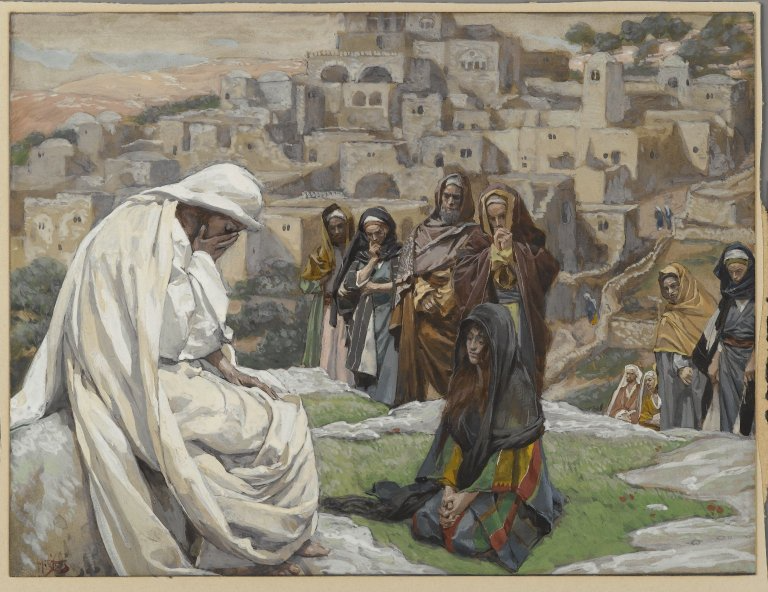I sat next to my friend, who was grieving the recent loss of her mother. I yearned to produce some magic words that would make her pain go away. But since I have been through a similar experience myself, all I could do was put my arm around her and weep quietly alongside her.
As I went home that day, I felt like a failure. Why wasn’t I able to offer some eloquent words that would comfort her in her pain? Then a text from her came in saying this:
“Thank you for being with me today. It is the most comfort and peace I have felt since my mom died.”
The Ministry of Presence
This came as a complete surprise. God used the ministry of presence (just being with her), shared pain and tears to bring healing, hope and comfort to my friend. It reminded me of the instructions the Apostle Paul once gave in Romans 12:15:
“Rejoice with those who rejoice, weep with those who weep.”
I have always known this verse and had no trouble applying the first part. But I realized I completely ignored the second part.
Why is it so hard to let ourselves weep, let alone weep with others?
A Culture that Says ‘Weeping is Weakness’
Somewhere along the lines in our culture, even in the Church, we have adopted the message that shedding tears is a sign of weakness, or perhaps even faithlessness. I have witnessed many people over the years, many of them Christians, who refuse to shed tears in the name of “faith” and “peace over where their loved one is now.” Perhaps we have learned to ignore our tears or force them to stay where we think they belong: hidden deep within our soul for no one else to see.
But then we are confronted with the shortest but most profound verse in the Bible:
“Jesus wept.”

A God Who Weeps?
When I first came across this verse, I was stunned. This was not a silent or private display of shedding a few tears. He was out in the open, among his friends, followers and complete strangers. And he wept. Can you hear the wail in those words? Can you see his cheeks soaked with hot tears? Can you imagine his eyes red and puffy, his nose full of snot? Jesus was fully divine, but he was so fully human in this moment. He wept as a result of seeing the ones he loved in pain and sorrow over the separation of their loved one. It is a wonderful display of authenticity, depth, sincerity, vulnerability, and dare I say…strength.
What could our Lord possibly have been trying to communicate to us through this intimate and moving scene? I believe he is revealing that tears are not a sign of human weakness, but a testament of just how strong and powerful love–and love lost–is. He is giving us permission to weep when sad and tragic events happen to us and those around us, separating us (at least temporarily) from the ones we love. It does not negate the peace and hope we have in our eternal future in Christ. Weeping is feeling. And it is fully and beautifully human.
The Call to Weep
Perhaps right now you are walking through a season of grief and sorrow following the loss of something or someone significant in your life. In many ways, we all are in a boat of grief together, as we continue to journey through the ravaging effects Covid has had on our world and our lives. Or perhaps you know someone in your life who is experiencing a fresh tidal wave of grief. Whatever it is, let me ask you this:
Are you willing to weep?
Contrary to popular belief, healing often comes through our weeping. It is where God’s presence meets our humanity. Be encouraged that, “Weeping may last for the night, but joy comes with the morning” (Psalm 30:5).
*This was a version of an article I wrote for The Brink magazine.
You Don’t Have to Walk the Journey of Grief Alone
If you would like someone to walk alongside you in your season of grief and sorrow, consider booking a free consult to discuss the benefits of grief coaching. I would love to meet you and hear your story.

